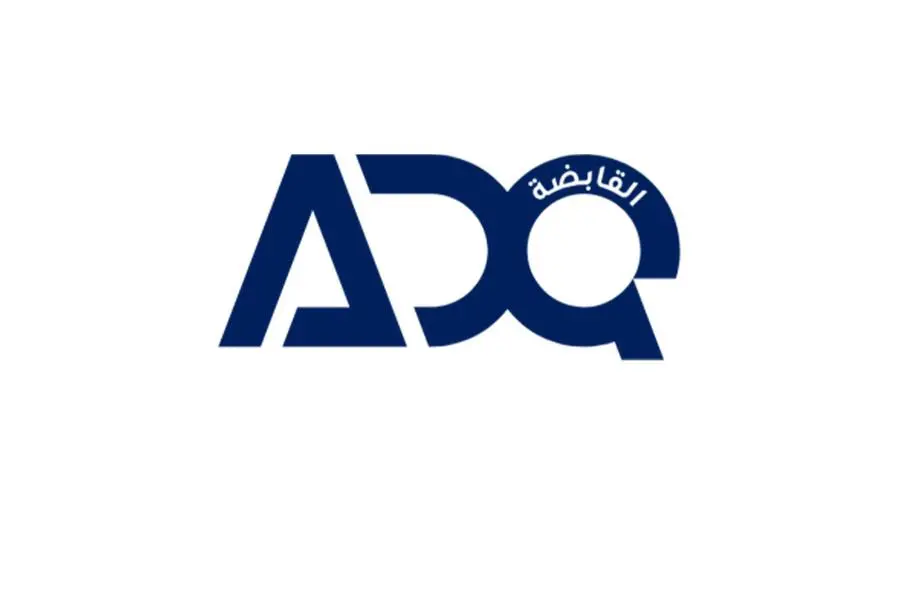PHOTO
ADQ, ADNEC Group, Etihad Rail, TAQA and Masdar will be the first to deploy ClimateGPT in the UAE
Supports the UAE’s wider ambition to be a global leader in advanced technology and AI
Abu Dhabi, UAE: ADQ, an Abu Dhabi-based investment and holding company, has partnered with EQTY Lab, an AI solutions provider headquartered in Switzerland, to accelerate the responsible adoption of AI technologies throughout its portfolio. This partnership aligns with ADQ’s portfolio management approach, which focuses on consistently identifying and harnessing opportunities for sustainable value creation, transformation and growth to build future-proof sector leaders and national champions.
AI is revolutionizing various sectors by enhancing efficiency, reducing costs and enabling new capabilities. Potential applications across ADQ’s diversified portfolio, which encompasses key sectors of the economy such as healthcare, energy, manufacturing, transportation and agriculture, include improving operational efficiency and productivity, driving climate action and spurring innovation and advancements.
Through its collaboration with EQTY Lab, teams will deploy a new AI Integrity suite that ensures ADQ’s AI models are reliable, secure, transparent, and aligned to the highest standards of AI governance, to promote trust and accountability in AI implementations. This effort is part of ADQ’s commitment to encouraging the adoption of best practices and drive transformation across its portfolio.
Hamad Al Hammadi, Deputy Group Chief Executive Officer of ADQ, said: “Artificial intelligence is not only a technological revolution, but also a new way of perceiving and interacting with the world. It holds the ability to revolutionize industries, augment human capabilities and drive unprecedented innovation and efficiency. Our partnership with EQTY Lab underscores our dedication to expediting the trial and responsible adoption of AI and automation across ADQ’s portfolio, encouraging our portfolio companies to embrace the future while aligning with broader national goals for a more prosperous, sustainable and interconnected tomorrow.”
The partnership between ADQ and EQTY Lab began in 2023 with the launch of ClimateGPT powered by Erasmus and trained by Apptek. It is the first open-source AI model specifically built to address climate change and sustainability. It allows researchers, policymakers and business leaders to make informed decisions and drive resilient climate action by providing access to a multi-language model that incorporates over 300 billion pieces of climate-specific information, drawn from 10 billion web pages and millions of open-access academic articles.
The initial node of ClimateGPT is hosted at Abu Dhabi’s Al Dhafra Solar PV, the world's largest single-site solar plant, ensuring that the platform is wholly powered by renewable energy. ADQ and its portfolio companies, ADNEC Group, Etihad Rail, TAQA and Masdar, will be the first to deploy the technology in the UAE.
ClimateGPT, integrating various scientific disciplines, enhances understanding of how climate change impacts the environment, society and the economy, empowers ADQ and its portfolio to discover innovative solutions that promote global climate action goals and foster environmental stewardship. Masdar, part of ADQ’s portfolio through TAQA, now deploys ClimateGPT to support the research and execution of ESG initiatives. EQTY Lab worked with the team at Masdar to configure the model to help traverse a corpus of internal materials from Masdar’s Technology Journals. Masdar was able to generate with AI comprehensive analyzes on emerging renewable energy solutions, with an aim to rapidly co-author with ClimateGPT new articles that drive efficiencies and insights. Similarly, teams worked with the team of ADNEC Group, configured the model and successfully built a custom library of global research which will help the research efforts of the group’s ESG team.
By 2030, AI is anticipated to make substantial contributions to the GDP of the Middle East across multiple sectors. The largest economic impact is expected from construction and manufacturing sector, projected at USD 99 billion. Following closely are energy, utilities, and resources with an anticipated contribution of USD 78 billion, and the public sector, encompassing health and education, expected to add USD 59 billion. The UAE is set to experience the most significant impact relative to its GDP, with an estimated 14 percent boost by 2030.




















